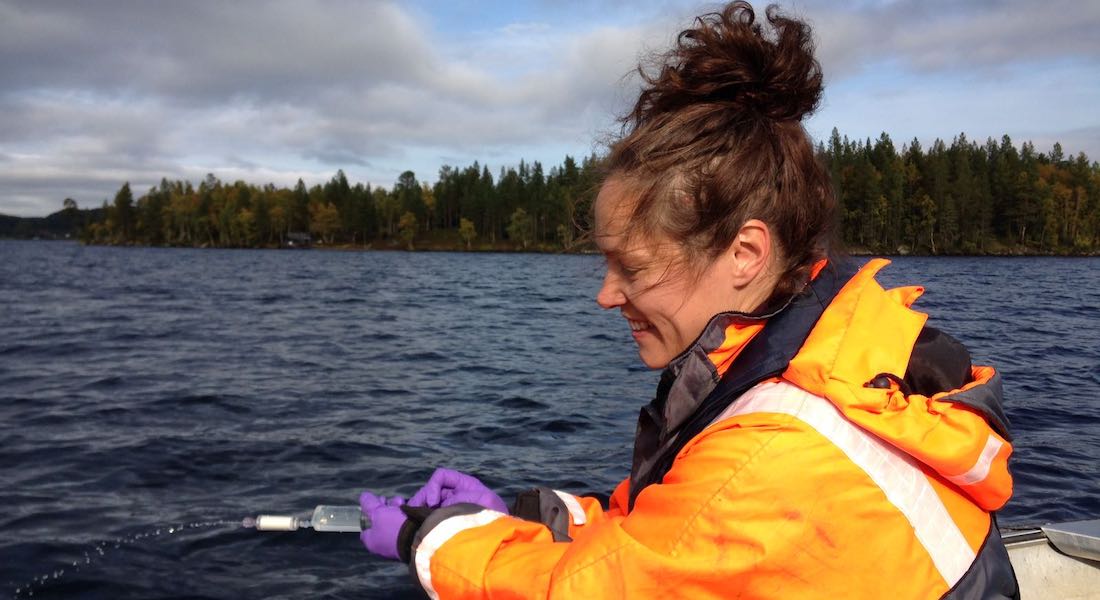PhD defence by Lara Puetz

Lara Puetz will defend her PhD thesis on the 18th September, from 4-7pm (Copenhagen time). The defense will be based on zoom, with the official lecture from 4-4.45, followed by questions.
Lara’s PhD was based first in Copenhagen, then remotely from Canada, and her thesis title is “The role of the gut microbiota in behavioural plasticity during early animal domestication”. A full abstract follows this message, but in brief Lara studied how the gut microbiome in two fascinating domestication experiments (one on chicken, one on foxes) diverged with their behaviour.
Lara’s examiners are Associate Professor Morten Limborg (chair), Professor Seth Bordenstein, Penn State University and Associate Professor Andrew Foote (University of Oslo).
Join Zoom Meeting
https://ucph-ku.zoom.us/j/63548495468
Meeting ID: 635 4849 5468
Title: The role of the gut microbiota in behavioural plasticity during early animal domestication
Thesis summary
Domestication represents one of the largest biological shifts of life on Earth. It is an evolutionary process of adaptation that can lead to profound phenotypic modifications in animals within short evolutionary time periods. Behavioral shifts are thought to facilitate the early stages of animal domestication with a selection for tameness as the single most consistent trait across domesticated species. Rapid adaptation via behavioural plasticity is traditionally viewed as being primarily encoded by the genome, however, ample evidence shows that the gut microbiome of animals can respond to environmental changes and may play a crucial role on their adaptive capacity. Further, mounting evidence has demonstrated how the gut microbiome influences host behaviour, cognition, brain development and physiology, which may have profound implications for host ecology and evolution, including adaptation via behavioral selection.
The goal of this dissertation was to gain insight into how the gut microbiome may affect early stages of animal domestication and more specifically their potential contribution to the emergence of novel behaviors that are thought to initiate the process. Although a genetic basis has been extensively documented for the behavioral phenotypes that emerge during animal domestication, recent evidence has identified that host genetics and the microbiome can interdependently regulate certain behaviors in complex animals. Further, epigenetic variation has been suggested to precede genetic variation in at least some animals during the course of evolutionary divergence, and the gut microbiota can modify host epigenetics.
The chapters throughout this thesis introduce and explore the hypothesis that behavioral selection during domestication may have inadvertently selected for certain gut bacterial communities early in the evolutionary process, that may induce or contribute to the behavioral plasticity necessary to adapt to the new social environment. To test this hypothesis, I examined the association of gut microbiome features in two conceptually similar experimental domestication studies, in which red junglefowls (Gallus gallus) (Chapter 2) and silver foxes (Vulpes vulpes) (Chapter 3) were selectively bred solely for behavior to simulate the early stages of the domestication process.
Understanding the eco-evolutionary mechanisms involved in the process of domestication provides crucial insights into how wild animals may adapt to human encounters over time. In this process there is likely a bidirectional relationship between microbiota and host factors, including behavior, that further interact with the environment.
